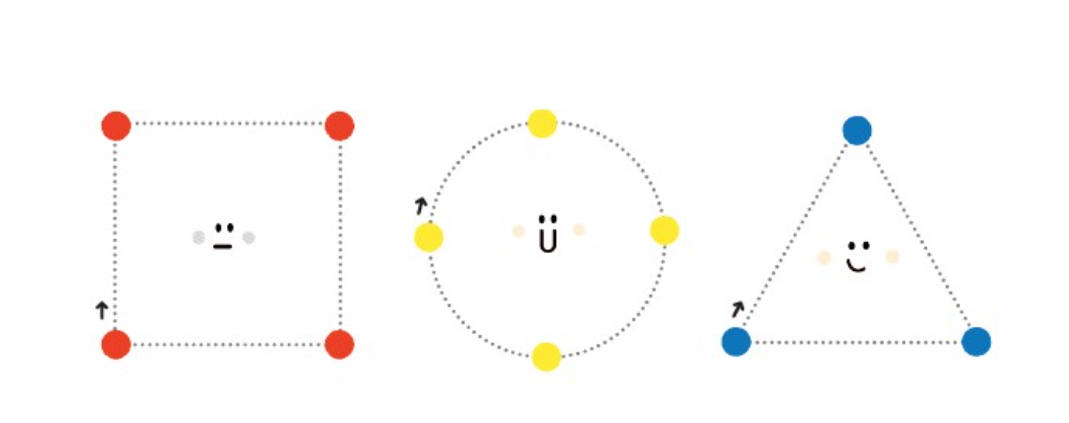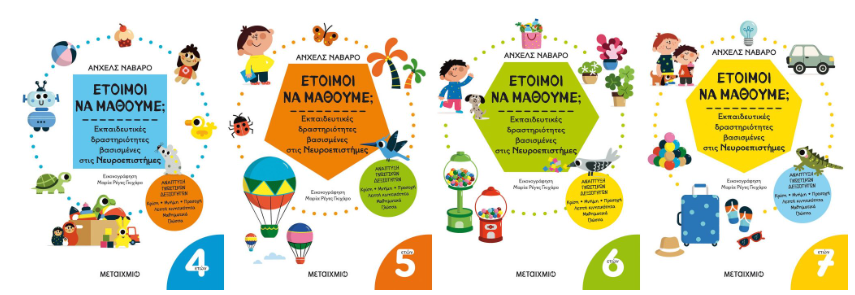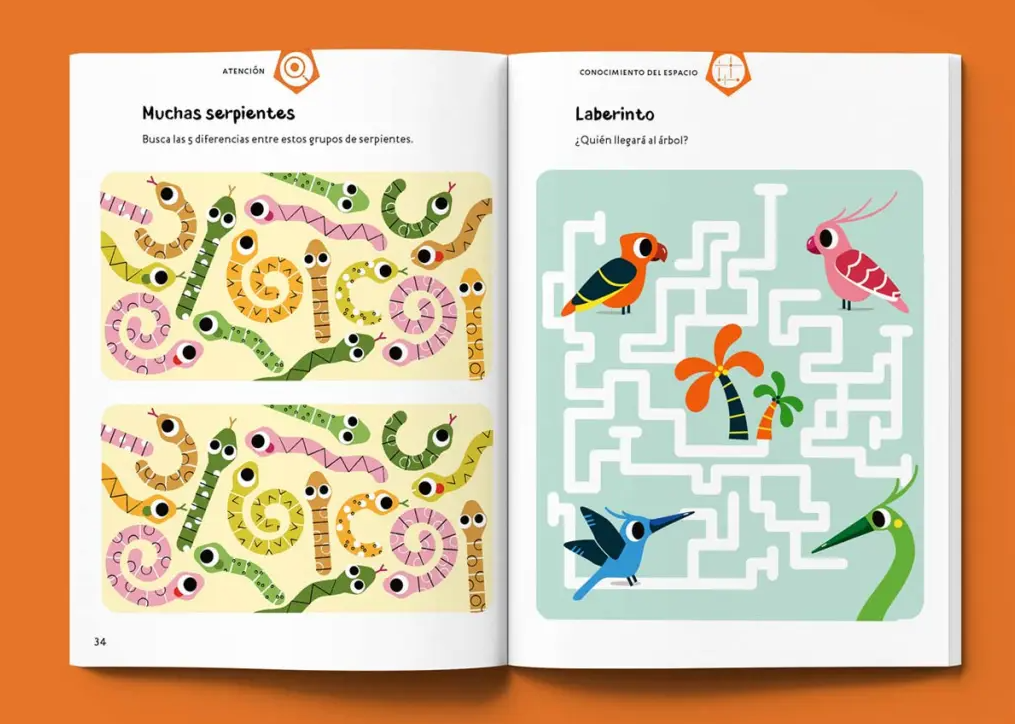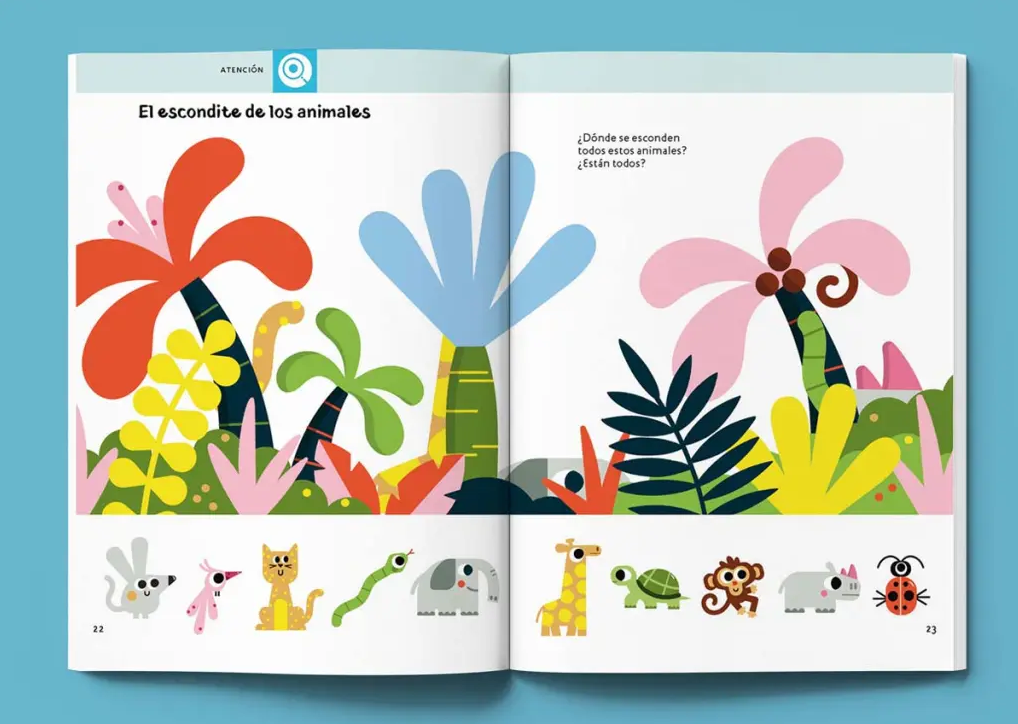
An interview by Pelio Papadia, editor-in-chief of Taλκ Magazine and talcmag.gr

First question for our audience: Who is Àngels Navarro and what made her decide that she wanted to write for children?
 Àngels Navarro is a child psychologist, specialised in cognitive development, who worked for many years with children with special needs: Down’s Syndrome, autistic children, children with cerebral palsy… and who one day, half jokingly, published a book. It was very well received, with great sales success and she never stopped writing again…
Àngels Navarro is a child psychologist, specialised in cognitive development, who worked for many years with children with special needs: Down’s Syndrome, autistic children, children with cerebral palsy… and who one day, half jokingly, published a book. It was very well received, with great sales success and she never stopped writing again…
At the moment I have more than 240 titles published and have been translated into 26 languages. That’s me! Someone who has grown up (physically and professionally) surrounded by children, who has learned a lot from them and has a passion for communicating all her knowledge.
Why do you write the kinds of books you do?
I have almost answered this question before, because of my passion for children and their psychological and cognitive development. Also because of the need to inculcate society, that not only the body, but also the brain and the mind must be taken care of if we want to lead a mentally healthy life.
Let’s now focus on the neuroscience series of books for children “Ready to Learn”? –published in Greece by Metaichmio Publications. Can you tell us how did you first have this idea and how did you work on it?
Although the training and development of our children is often relegated to the school, I like to think that the impact of the family on our children’s cognitive development, behaviour and learning of life skills is very, very important. Ready to Learn? workbooks are a resource to help families with these tasks.
How long do you spend researching compared to writing and what is the most interesting thing you have learned while doing research?
Unfortunately, all my professional activity is centred on writing and day-to-day work with my patients. I have never had the chance to do research, but I have never stopped training and keeping up to date with the latest research.
How did you work with Maria Reyes Guijarro for the illustration of the series?
With María Reyes Guijarro I worked as I always do. I create the activities I add very clear indications, sketches and examples, so that the illustrator can develop his or her creative work, but totally adapted to the activity and to what I like. I need to feel the book mine.

Over the years I have created a personal style. I think that the presentation of a work is very important, if it is attractive to the eye, the motivation to solve the activities is maximum. With my books and workbooks, I always try to make sure that my readers have fun while they develop their cognitive abilities, their creativity and interacting with adults. I love making family books.
How can neuroscience help children (and adults as well) learn more and better?
Educational neuroscience or neuroeducation helps us to understand how the brain works and how neurobiological processes intervene in learning, in order to make it more effective. Neurodidactics takes all this knowledge and applies it didactically to the classroom. Memory, creativity and emotions are basic to learning.

Can schools follow all the new information about learning or it’s very difficult, even impossible, to change radically the (official) way of teaching and developing of mind?
It is true that it is a lot of work, and that we are asking more and more of the school; but we have the knowledge to make learning to be more useful, more creative, faster, more intense, more enjoyable and we have to adapt the methods and curricula to achieve better results from our students. They are the future and the future requires people who are prepared and flexible to be able to adapt to the frenetic development of knowledge.
You also work on wit games. Can you explain us their importance?
Brain games have a more playful, more entertaining version, but we must keep in mind that play is the main activity of childhood. They do not distinguish between working, playing and learning.
Which area of the brain is the most interesting to you?
The brain is a whole and must be treated as such, but in the frontal lobe reside the executive functions, that which makes us human. The skills that allow us to anticipate, organising ,goal-setting, decision making, planning.
What would you like to ask Greek parents on educating (maybe outside of the box) their kids today?
I would like to ask them if they enjoy their children, if they play together, if they have fun together, if they share experiences. Playing is innate in childhood so it is only necessary to take advantage of play and its immense possibilities to help them achieve stimulating and meaningful learning.
Finally, what do you see as the future of research for learning in the digital age and the neuroscience of learning?
I think the future is bright. At the moment, there is a lot of research on the brain, involving international multidisciplinary teams of scientists, which will shape the future of neuroscience, medicine and computer science.
* Full Greek text originally published in Talk.gr, translated with permission.

If you require any further details about Ready to Learn Series, wish to receive PDF or sample copies, feel free to contact us. We’ll be happy to help you!



